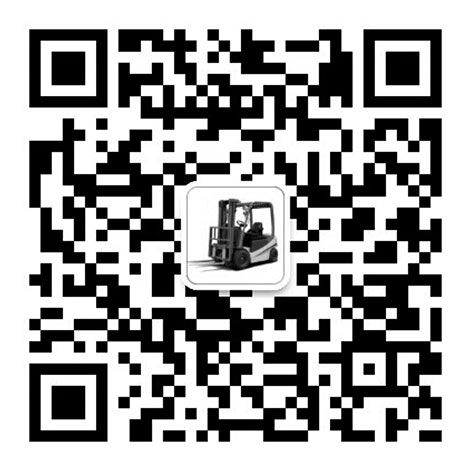Navigating Dock Leveler Tariff Numbers: Essential Knowledge for Global Trade
In the intricate world of international trade, understanding and correctly applying tariff numbers is crucial for businesses involved in importing and exporting goods. For companies dealing with loading dock equipment, particularly dock levelers, having a firm grasp of the relevant tariff numbers can significantly impact operational efficiency, cost management, and compliance with customs regulations.
A tariff number, often referred to as a Harmonized System (HS) code outside of the United States or a Harmonized Tariff Schedule (HTS) code within the U.S., is a standardized identifier used globally to classify traded products. These alphanumeric codes are essential for customs authorities to assess duties, taxes, and regulatory requirements accurately. For dock levelers—devices designed to facilitate the seamless transfer of goods between a loading dock and a vehicle—assigning the correct tariff number is vital to ensure smooth customs clearance and avoid potential financial and legal repercussions.
Dock levelers come in various forms, including mechanical, hydraulic, and air-powered models, each with unique features tailored to specific operational needs. This diversity means that dock levelers may be classified under different tariff numbers based on factors such as their material composition, functionality, and intended use. For instance, a hydraulic dock leveler might fall under a different tariff number than a mechanical one due to differences in technology and components.
To accurately determine the tariff number for a dock leveler, businesses must consult the latest version of the relevant tariff schedule. The HTS in the United States and the Combined Nomenclature (CN) in the European Union provide comprehensive lists of codes and detailed descriptions to aid in classification. These schedules are regularly updated to reflect changes in technology, trade practices, and international agreements, making it essential for businesses to stay informed about the latest revisions.
In addition to consulting tariff schedules, companies can benefit from seeking expert advice. Customs brokers, freight forwarders, and trade consultants possess specialized knowledge and experience in navigating the complexities of tariff classification. They can offer valuable insights into the nuances of tariff numbers, help avoid common pitfalls, and ensure compliance with customs regulations.
Correctly identifying and applying tariff numbers for dock levelers is not merely a bureaucratic formality; it is a strategic imperative. Accurate classification can lead to reduced duties, expedited customs processes, and enhanced supply chain efficiency. Conversely, incorrect classification may result in delays, fines, and disruptions to business operations.
As global trade continues to expand, mastering the intricacies of tariff numbers remains a critical skill for businesses engaged in the import and export of loading dock equipment. By staying informed and seeking expert guidance, companies can navigate the complexities of international trade with confidence, ensuring compliance and optimizing their operational and financial performance.


